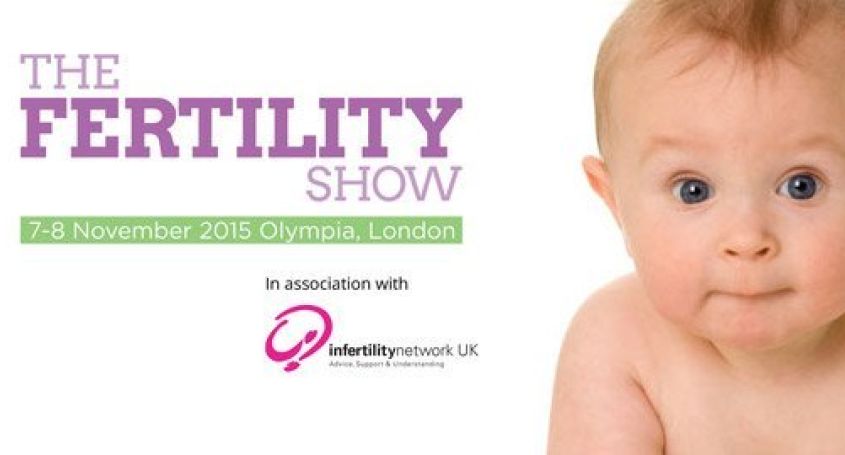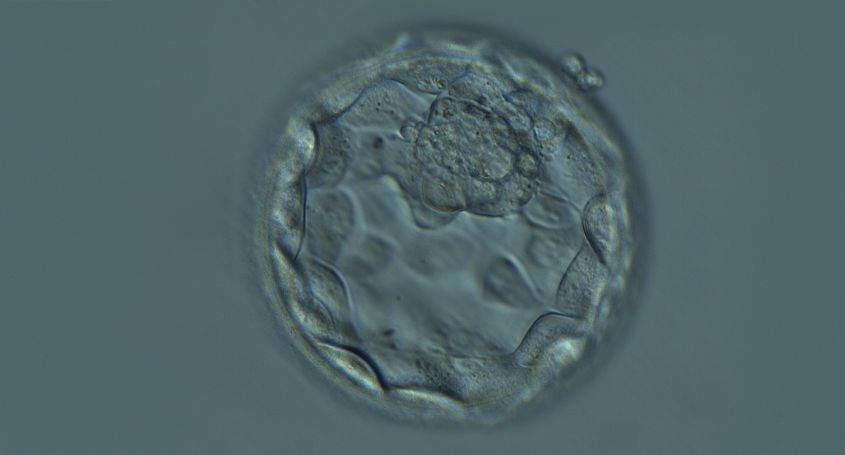A miscarriage is known as the loss of a foetus before the 20th week of pregnancy. However, this is only the technical definition. Miscarriage is also such a profound experience that it is often considered a somewhat taboo subject and is poorly acknowledged.
Society often expects the person to overcome the loss quickly. For this reason, we want to raise awareness and provide you with an insight into what it is like to cope with mourning after a miscarriage.
What are the major feelings experienced after the loss?
After a stillbirth, many women experience anguish, despair, but sometimes also shame and inadequacy. In fact, statistics show that one in 10 women show signs of a diagnosable disorder such as depression, anxiety or post-traumatic stress disorder.
Moreover, because such loss is so often hidden, those affected often feel that they have no real right to grieve, leading to isolation.
What is often overlooked is that this traumatic distress can lead to a loss of identity with no sense of self and of one's own life.
How is the process of this type of grief dealt with in therapy?
The moment a positive pregnancy test result occurs, a special bond begins to form that each person experiences in his or her own way. For this reason every experience is unique and, consequently, so is the psychological support.
Here are some of the techniques that are most commonly used in therapy:
- Reproductive history: based on the fact that we all grow up holding beliefs about family whether we want children or not. In other words, there are expectations or dreams (unconscious or conscious) that, when you suffer a gestational loss, make you feel that you have lost a part of yourself. This technique helps to break down these deep-rooted beliefs about motherhood and promotes the acceptance stage of perinatal grief.
- Cognitive-behavioural techniques (CBT): This technique helps to identify and reframe thoughts such as guilt or fear of not being able to have more children. CBT is also based on the practice of mindfulness, i.e. focusing on the present to become aware of our emotions without avoiding or rejecting them.
- EMDR: A method that works on the past, present and future by focusing on the processing of memories that generate anxiety and hinder day-to-day life.
Does getting pregnant again ease the pain of the previous loss?
Every situation is different, but it is generally a mistaken belief. As we said earlier, this damage can lead to a lack of identity and sense of self and of one's own life, which can lead to attachment in the relationship with later children.
How can we accompany those who suffer from it?
Overcoming a gestational loss is not an easy or quick task. For this reason, the environment of those affected can help or worsen this process. Here are a few tips for dealing with this type of situation:
- The key is to assume that your role is to accompany the grieving process. Allow the person to express themselves verbally and emotionally without judging the feelings as right or wrong. There is no such thing as "normal", everyone experiences it in their own way.
- Avoid phrases such as "don't be overwhelmed", "I'm sure you will be able to get pregnant again", "better now than later", etc. Your words will probably not be comforting, so we recommend that you focus on active listening.
- Respect: there may be times when they need to talk, but there may not be times when they don't. Ask if it is necessary and respect the woman's wishes. You should ask if it is necessary and respect the response.
- Be patient
- Understand that it is normal to ask for counselling, but support their decision.
We know that sometimes we feel powerless not to be able to help more or solve it, but accept that it is not up to us and that, as we have said, our role is to support them. To be by the side. To care.





















